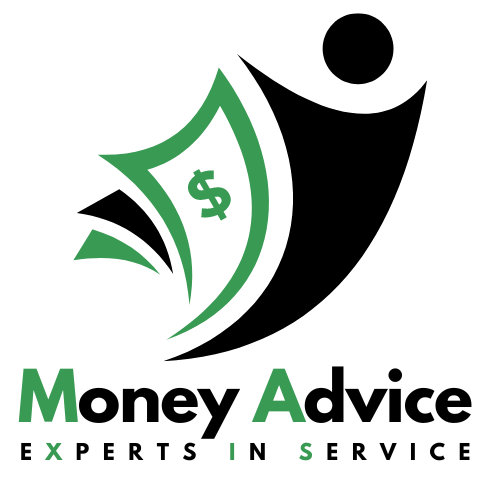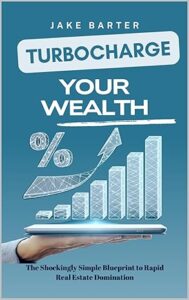Personal loans can be a financial lifesaver or a burden, depending on your circumstances and how you manage them. Before deciding to take out a personal loan, it’s crucial to weigh the advantages and disadvantages carefully. Here’s a balanced overview to help you determine whether to say yes or walk away.
The Pros of Personal Loans
- Flexible Usage
Personal loans can be used for a variety of purposes, from consolidating high-interest debt to funding a wedding or home improvement project. Unlike mortgages or auto loans, they aren’t tied to a specific purchase. - Fixed Interest Rates and Payments
Most personal loans come with fixed interest rates and monthly payments. This predictability makes budgeting easier, as you’ll know exactly how much to pay each month over the loan term. - Debt Consolidation Benefits
Personal loans can help streamline multiple high-interest debts, such as credit card balances, into a single, lower-interest payment. This can reduce financial stress and save money on interest over time. - No Collateral Needed
Many personal loans are unsecured, meaning you don’t have to risk your assets, such as your home or car, to secure the loan. Approval is based on your creditworthiness rather than collateral. - Faster Access to Funds
Personal loans often have quicker approval processes compared to other types of financing, with funds available within a few days. This makes them an attractive option for urgent financial needs.
The Cons of Personal Loans
- High Interest Rates for Poor Credit
If your credit score is low, you may face higher interest rates that make personal loans more expensive than other borrowing options. In some cases, the rates could rival or exceed those of credit cards. - Fees and Hidden Costs
Some personal loans come with origination fees, prepayment penalties, or other hidden charges. These fees can add up, increasing the overall cost of borrowing. - Potential for Debt Trap
Taking out a personal loan without a solid repayment plan can lead to financial trouble. Borrowers may find themselves relying on loans to cover expenses, creating a cycle of debt. - Fixed Repayment Schedule
While fixed payments are predictable, they can also be inflexible. If your financial situation changes, such as a job loss or unexpected expense, it may be challenging to keep up with the repayment schedule. - Temptation to Overspend
Access to a lump sum of money can be tempting, leading some borrowers to spend it on non-essential items or overestimate their ability to repay, which can lead to financial strain.
When to Say Yes
- You have a clear, necessary purpose for the loan (e.g., consolidating high-interest debt or covering medical expenses).
- You’ve compared lenders and found favorable terms with a manageable interest rate.
- You have a stable income and a solid repayment plan in place.
When to Walk Away
- You’re considering a loan for discretionary spending or impulse purchases.
- The interest rate or fees are too high, making the loan costly in the long run.
- You’re unsure of your ability to meet the monthly payments.
Personal loans can be a valuable financial tool when used wisely. However, it’s essential to weigh the pros and cons, understand the terms, and evaluate your financial health before making a decision. A personal loan should align with your goals and provide a stepping stone, not a stumbling block, on your financial journey.

 Stock Market
Stock Market Rattle the Market
Rattle the Market 30 Ways To Pay Off
30 Ways To Pay Off Home Loan Handbook
Home Loan Handbook Real Estate Secrets
Real Estate Secrets Turbocharge Wealth
Turbocharge Wealth